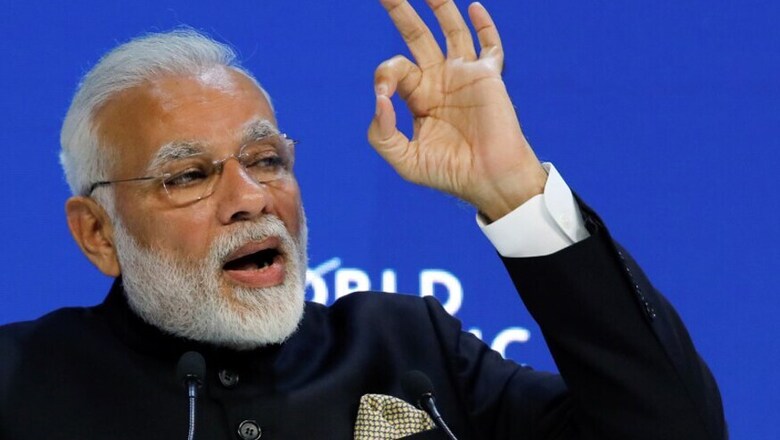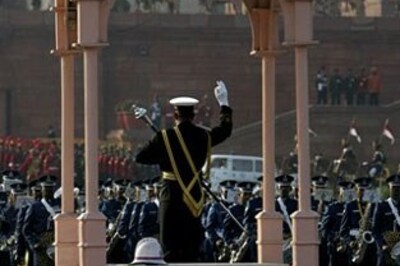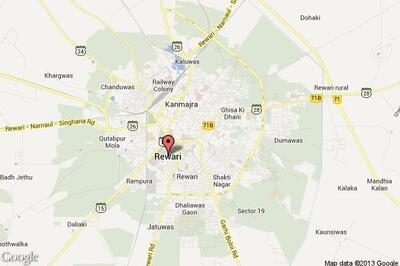
views
New Delhi: After the shock defeat in 2004 General Elections, the RSS and the BJP top brass met at former Prime Minister Atal Bihari Vajpayee’s residence in Delhi. The meeting saw some heated discussions with some leaders questioning the raison d’etre for calling early polls when the National Democratic Alliance (NDA) could have continued in office for a good six months more.
The BJP calls itself a party with a difference. In power or without, it tries to do things differently. Once again, as the party approaches the last lap of its first full-majority government in power, the spectre of early polls looms large.
This time though, the common refrain on One Nation-One Election is spun around the need to save valuable resources and wring the country out of a perpetual election mode.
There are two aspects to this debate. One legal or constitutional and other political. Former Finance Minister and Congress leader P Chidambaram avers holding simultaneous Assembly and Lok Sabha elections would entail constitutional amendments.
Politically, there is a common perception building around the Lok Sabha elections slated for the summer of 2019 may be advanced to coincide with four state Assembly elections — Mizoram, Madhya Pradesh, Chhattisgarh and Rajasthan — whose term expires later this year or early 2019.
Going by the past experiences that may not be the option the ruling dispensation may be exploring.
The government may, on the contrary, hold the Lok Sabha elections on time in April-May 2019 and complete its full term. As it is six states — Arunachal Pradesh, Odisha, Telangana, Andhra Pradesh and Sikkim — will hold their Assembly polls to coincide with the General Elections.
If the BJP takes a political decision to prepone or bring forward elections to the assemblies of say Maharashtra, Haryana, Jharkhand and Delhi by 6 to 8 months — 10 state elections would coincide with Lok Sabha polls.
If elections to Mizoram, Rajasthan, MP and Chhattisgarh are advanced by six months, the country may see nearly half of the states in the Union concurrently voting for the state Assembly and the lower house of Parliament.
To postpone elections, the central government in the current constitutional scheme of things will have to impose President’s Rule for six months in these states. Though the ratification of any such move would have to be approved by both Houses of Parliament in six months. It will require political consensus amongst big players.
Politically, this arrangement suits the BJP. Most of the states going to the polls in the span of 13 months beginning December this year are held by the BJP. Some BJP chief ministers are facing anti-incumbency of 10 to 15 years in power.
Common elections help the BJP build a national campaign spun around Prime Minister Narendra Modi
No prizes for guessing, One Nation-One Election finds resonance at all levels within the ruling dispensation. President Ramnath Kovind underscored the idea in his customary address before joint session of Parliament earlier this week. PM Modi has mentioned it more than a couple of times.
Even Minister of State for Law PP Chaudhary at a function organised by Jind District Bar Association in Haryana urged “association to conduct extensive deliberations on the crucial subject of simultaneous elections of Lok Sabha and state legislatures which has the potential to substantially reduce the burden on state exchequer”!

















Comments
0 comment